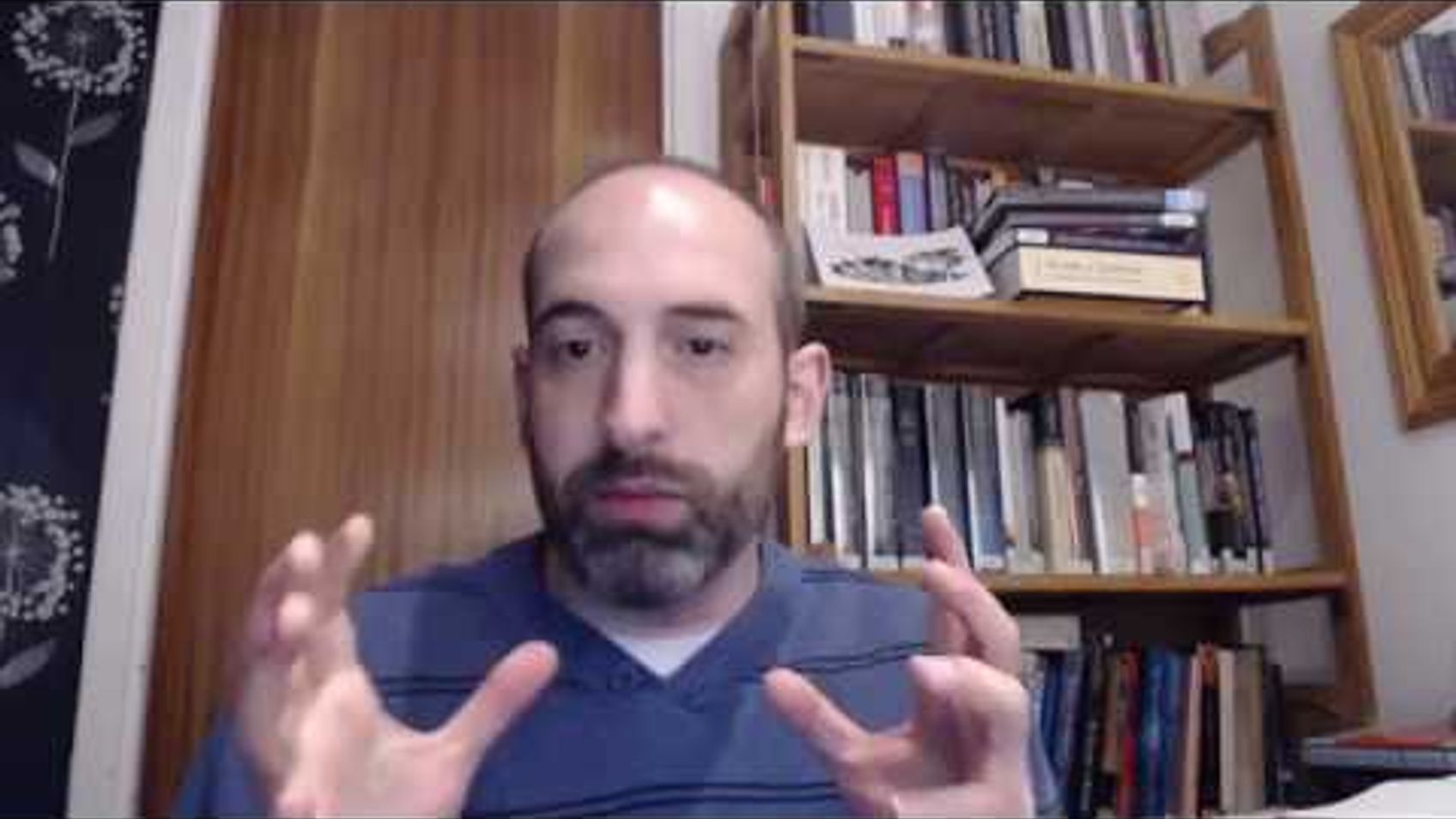Q&A#94 What They Didn't Teach Me in My Formal Theological Education

Today's question: "You mentioned in a video about training that key parts of your theological knowledge/training you had to work on yourself in your own time as they weren't addressed in the curriculum. What were those key areas?"
My new blog for my podcasts and videos is found here: https://adversariapodcast.com/.
If you have any questions, you can leave them on my Curious Cat account: https://curiouscat.me/zugzwanged.
If you have enjoyed these talks, please tell your friends and consider supporting me on Patreon: https://www.patreon.com/zugzwanged.
The audio of all of my videos is available on my Soundcloud account: https://soundcloud.com/alastairadversaria. You can also listen to the audio of these episodes on iTunes: https://itunes.apple.com/gb/podcast/alastairs-adversaria/id1416351035?mt=2.
More From Alastair Roberts
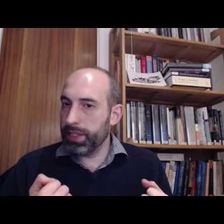
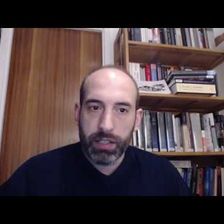

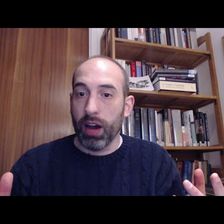
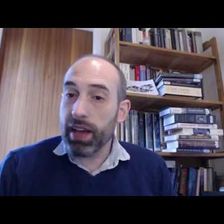

More on OpenTheo















